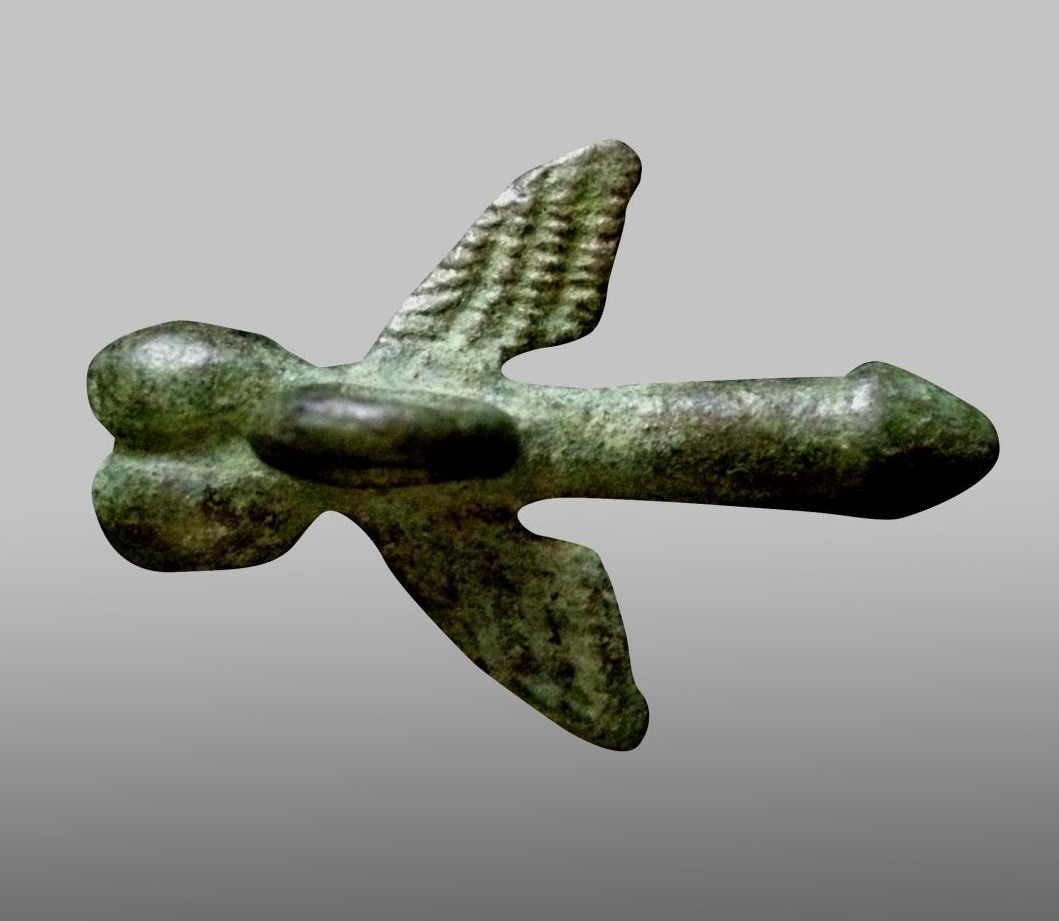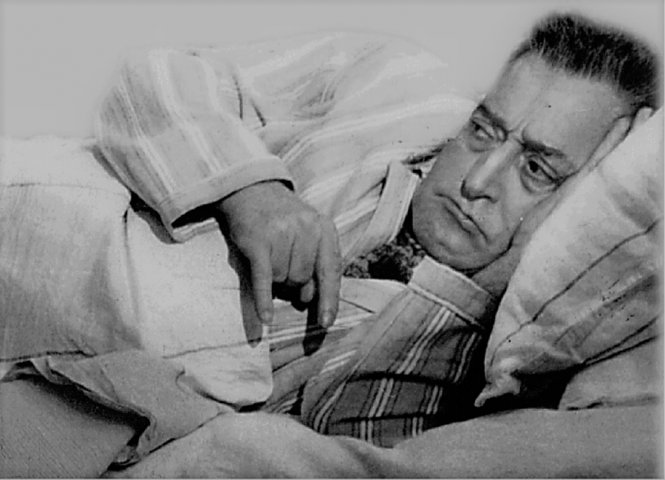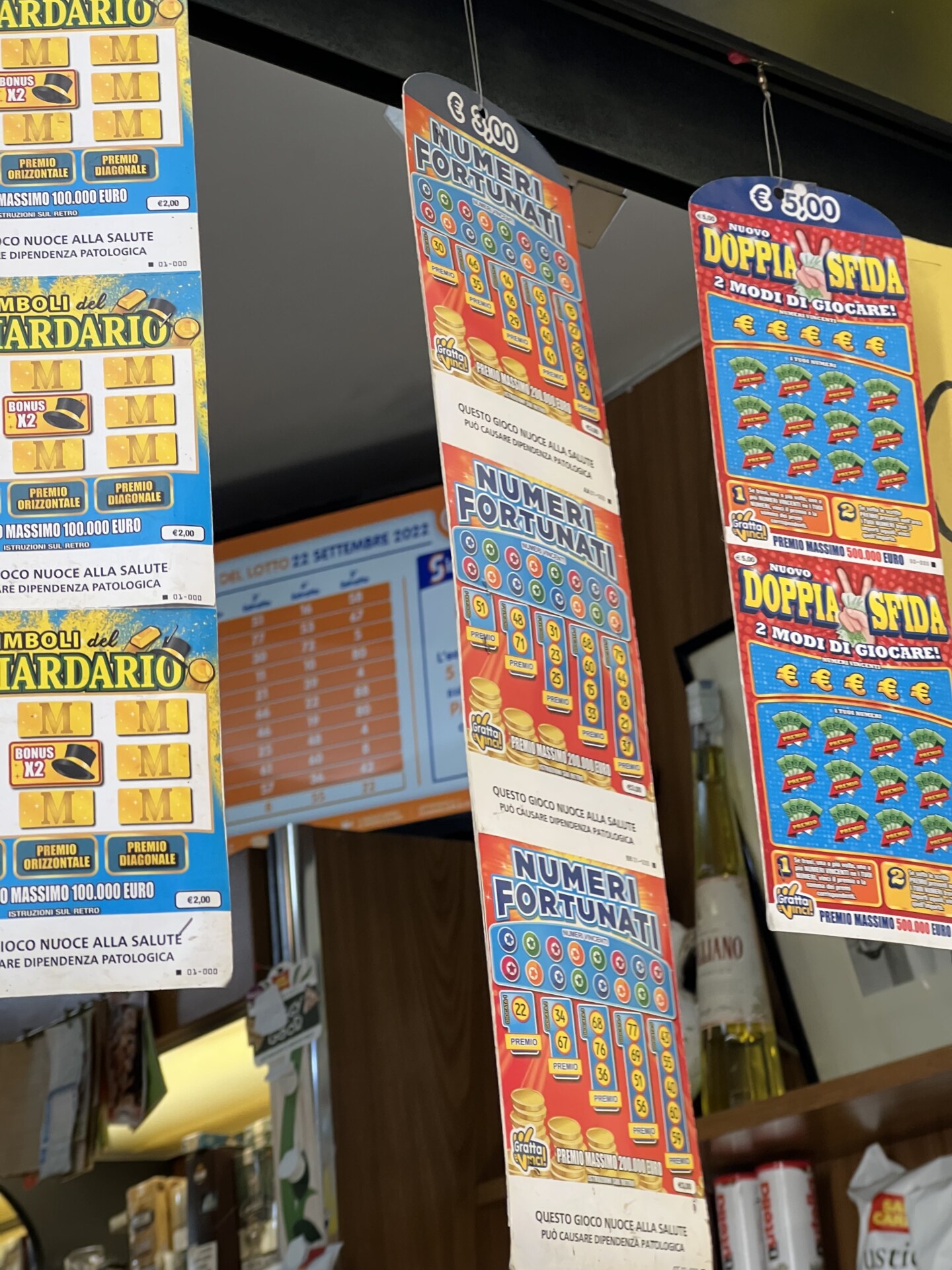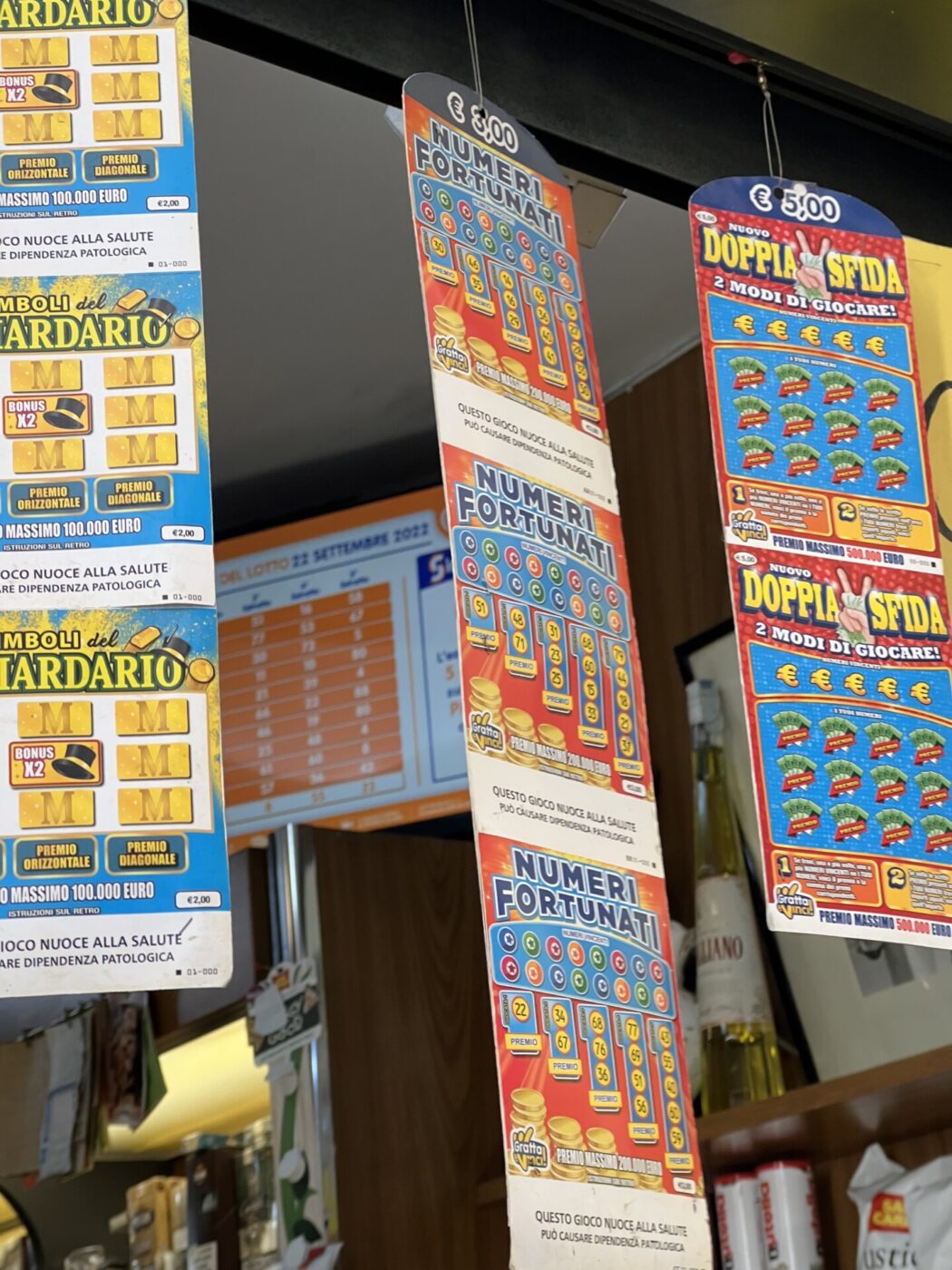It’s no surprise that a country as rich in cultural heritage as Italy–think pagan beginnings, Roman Empire, home to the Vatican State, and so on–is rife with ritualistic beliefs, from local folklore to universal superstitions. First recorded in the 3rd and 2nd centuries BC by the likes of Plautus, Ennius, and later Pliny, the Latin word “superstitio” emerged as a pious term, used to describe “divinatory practice.” Somewhere in the shuffle of the Christian arrival and the subsequent religious wars between them and the Roman Polytheists, the word developed into something that explained excessive religious awe or fear, before evolving to encompass beliefs or practices considered irrational or based on unfounded fears and notions.
Two millennia later, with that empire long gone, togas and tunics have been traded for tank tops and tees, gelato has mercifully upgraded tenfold from its 2nd-century AD origins of honey-blended Alpine snow, and yet superstitions, though their reasonings are buried with the very souls who forged them, are so ingrained that they prevail and sprout even in the hardest ground.
Many Italian superstitions continue to play a significant role in daily life–you should never cheer with an empty cup, nor a plastic one; you should never place bread upside down–but here are just three of Italy’s longest-lasting beliefs. In the words of Peppino De Filippo, “Non è vero ma ci credo!” (“It’s not true but I believe it!”).
THE NUMBER 17
Bring the brave, the bold, and the daredevils alike to Italy on Friday the 13th and there will be none of the hoo-ha-ha seen stateside. If partaking in thrill-seeking activities on particularly ill-fated days is your thing, you would have much more success in doing so on Friday the 17th. Deemed unlucky since Antiquity, the Roman numerals for this ominous number are XVII–which, if rearranged, spell “VIXI”, Latin for “I have lived” and an implication that it’s time to die. And, as Friday is the day on which Jesus was put to the cross, the two combined could make way for some great misfortune.
If this spooky number is beginning to induce some panic, you’re in good company. The national airline, ITA Airways, employs a zero-tolerance policy towards the number, removing aisle 17 on all of its planes, while Italian soccer teams refuse at all costs to schedule a match for the 17th of any month.

Fascinus
THE LUCKY HORN (IL CORNO PORTAFORTUNA)
The superstitious need not fret. Italians, and especially those from Naples, are well equipped for such a day as the 17th in the form of a bright red horn that is worn as an amulet around the neck or wrist, protecting the wearer from the evil eye or any general misfortune coming their way. The narrow streets of Naples are heaving with stalls selling these chili-pepper-like pendants, and you’re likely to see many a sun-kissed chest adorned with at least one of these colorful charms.
Though the origins of this symbol are lost in time–perhaps they go back to the Neolithic period, when animal horns were thought to bring fortune and fertility, or perhaps to the Italian goddess of luck, Fortuna, who carries various iterations of the horn–I’d like to introduce you to Fascinus. Seldom talked of today and doubtlessly pushed away by centuries of prudes, this Roman god is the embodiment of the divine phallus and is entirely penile in form. You read me right; the legs, feet, tail, and body of this supreme being of yesteryear are shaped like the male sex organ. As the protector of childbirth and the almighty fender of the evil eye, it just so happens that the amulet of choice during the Roman age was that of a small erect penis. Now, let’s compare the shape of both ancient and present-day lucky charms and I’ll rest my case: nothing changes.

LA SMORFIA
Another Neapolitan special, La Smorfia is a dream come true for the superstitious and, if used well, can bring the pennies rolling in. This ancient art form assigns numbers to different components of your dreams, which, in turn, become lucky numbers for the daily lottery. A hunk of steak you might have dreamt up will give you number 49; female breasts, 28; and so on. The philosophy is that dreams are planted in our heads by the dead as signs, signals, and warnings to what’s in store for such earthly sleepers, allowing any Smorfia lotto player to place their luck in the hands of fate itself.
La Smorfia takes its name from the mythological Greek god of dreams, Morpheus, and, in the past, the meaning of each number was passed verbally from one generation to another. With time, these interpretations were recorded and noted down in the form of illustrations, becoming books of reference for the gullible gambler. Ask any Neapolitan and they will be sure to recall the existence of such a book, perhaps tattered and torn by overuse, but placed beyond a shadow of a doubt in prize position at beloved nonna’s house. The age of the internet does not skimp on its shortcuts, and nowadays players who have yet to memorize this numerical dream analysis can find all required information online. They may even download an app that decodes their dreams with a click of a finger.
Next time you wake up with a startle and shudder, having just dreamt of a soldier, a hunchback, and your very own mother drinking coffee in the garden, don’t dwell or linger at its absurdity. Instead, run straight to your nearest lotto station, place your bets on 12, 57, 52, 42, and 51, respectively, and you just may be in for some smorfeous fortune!


